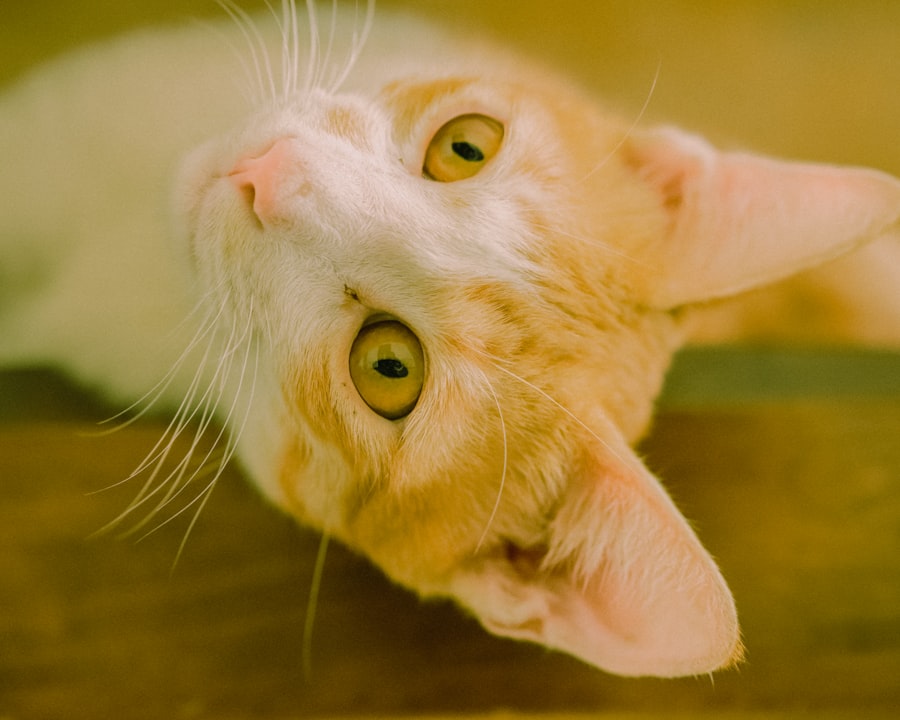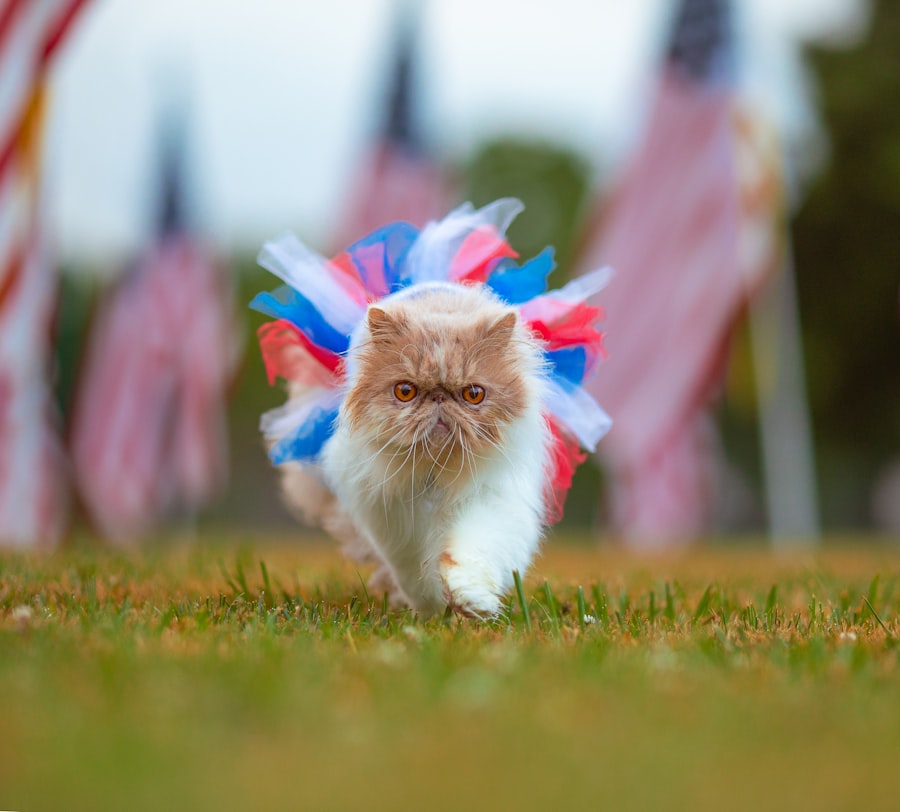Weasels pose a significant threat to poultry farms, particularly chicken coops. These small carnivorous mammals can access chicken enclosures through narrow openings due to their slender bodies. Weasels are known for their efficient hunting behavior, often killing multiple chickens in a single night.
This behavior is attributed to their instinct to stockpile food, rather than immediate consumption. The impact of weasel attacks on poultry farms can be substantial. Farmers may experience economic losses from the death of chickens and potential disruption to egg production.
Additionally, surviving chickens may experience stress, which can affect their overall health and productivity. Preventing weasel attacks requires comprehensive coop security measures. These may include reinforcing enclosures with small-gauge wire mesh, sealing potential entry points, and implementing motion-activated deterrents.
Some farmers also employ guard animals, such as dogs or geese, to discourage weasel intrusions. Addressing weasel predation is an ongoing challenge for poultry farmers, necessitating vigilance and adaptive management strategies to protect their flocks effectively.
Table of Contents
Key Takeaways
- Weasels are a common threat to chickens and can cause significant damage to a flock.
- Keeping a cat can help prevent weasel attacks on chickens by deterring the weasels from entering the coop.
- When choosing a cat to protect chickens, look for breeds known for their hunting abilities and high prey drive.
- Training your cat to protect the chickens involves positive reinforcement and consistent practice.
- Integrating the cat into the chicken coop requires careful supervision and gradual introduction to the chickens.
The benefits of keeping a cat to prevent weasel attacks
Natural Hunters as Guardians
One effective solution to the problem of weasel attacks on chickens is to keep a cat as a guardian for the flock. Cats are natural hunters and are known for their ability to catch small rodents and pests, including weasels. By introducing a cat to the chicken coop, poultry owners can benefit from the cat’s natural hunting instincts to deter weasels from approaching the flock.
Agile and Quick Protectors
Cats are agile and quick, making them well-equipped to chase and catch weasels before they have a chance to harm the chickens. Additionally, the presence of a cat in the coop can act as a deterrent to weasels, as they are less likely to approach an area where they sense the presence of a predator.
Peace of Mind for Poultry Owners
Keeping a cat as a guardian for the flock not only provides protection from weasel attacks but also offers peace of mind for poultry owners, knowing that their chickens are being watched over by a vigilant and capable guardian.
Choosing the right cat for the job

When selecting a cat to protect your chickens from weasel attacks, it’s important to choose a breed that is known for its hunting abilities and high energy levels. Breeds such as the Maine Coon, Siamese, and Abyssinian are known for their strong hunting instincts and make excellent choices for guarding a chicken coop. These breeds are agile, quick, and have a natural drive to hunt, making them well-suited for the task of protecting the flock from weasels.
It’s also important to consider the temperament of the cat, as they will need to be comfortable living in close proximity to chickens and other farm animals. Look for a cat that is confident, independent, and has a friendly disposition towards other animals. Additionally, consider adopting a young cat or kitten that can be trained and socialized to live harmoniously with the chickens.
Training your cat to protect the chickens
Training your cat to protect the chickens from weasel attacks involves teaching them to patrol the coop and surrounding areas, as well as encouraging their natural hunting instincts. Start by introducing the cat to the chicken coop gradually, allowing them to become familiar with the sights, sounds, and smells of the area. Encourage the cat to explore and investigate the coop, rewarding them with treats and praise for showing an interest in the chickens.
Use positive reinforcement techniques to train the cat to patrol the perimeter of the coop and deter any potential threats, such as weasels. You can also provide interactive toys and activities that mimic hunting behavior, such as feather toys or laser pointers, to encourage the cat’s natural instincts. With patience and consistency, your cat can be trained to become an effective guardian for your chickens, providing protection from weasel attacks.
Integrating the cat into the chicken coop
Integrating the cat into the chicken coop involves creating a safe and comfortable environment for both the cat and the chickens. Provide the cat with a cozy shelter within the coop where they can rest and seek refuge from the elements. Ensure that there are elevated perches or platforms where the cat can observe the surroundings and keep an eye out for potential threats.
It’s important to monitor the interactions between the cat and the chickens, ensuring that they coexist peacefully and without conflict. If necessary, provide separate feeding areas for the cat and chickens to prevent competition for food. Additionally, consider installing secure fencing or barriers around the coop to prevent weasels from gaining access and to keep both the cat and chickens safe within their environment.
Monitoring and managing the cat’s behavior

Observing Patrols and Rewarding Vigilance
Once your cat has been integrated into the chicken coop, it’s essential to monitor their behavior and ensure they are effectively protecting the flock from weasel attacks. Keep an eye on the cat’s patrols around the coop, noting any signs of aggression or alertness towards potential threats. Reward the cat for displaying vigilant behavior and actively patrolling the area.
Addressing Stress and Discomfort
If you notice any signs of stress or discomfort in the cat, such as excessive hiding or avoidance of the coop, take steps to address their needs and provide reassurance. Regularly interact with your cat, providing them with attention and affection to strengthen their bond with you and the chickens.
Effective Guardian Management
By actively managing and monitoring your cat’s behavior, you can ensure that they are effectively fulfilling their role as guardians for your flock. This includes providing a safe and comfortable environment, addressing any behavioral issues, and maintaining a strong bond between the cat and the chickens.
Other measures to prevent weasel attacks on chickens
In addition to keeping a cat as a guardian for your chickens, there are other measures that can be taken to prevent weasel attacks on your flock. Securely fortify your chicken coop with strong wire mesh or hardware cloth to prevent weasels from gaining access through small openings or gaps. Regularly inspect and maintain the coop for any signs of wear or damage that could provide entry points for predators.
Consider installing motion-activated lights or sound devices around the coop to deter weasels from approaching during nighttime hours. Keep the surrounding area clear of debris and overgrown vegetation that could provide hiding spots for weasels. Additionally, consider using scent deterrents such as predator urine or ammonia-soaked rags placed around the perimeter of the coop to discourage weasels from approaching.
By implementing these additional measures in conjunction with keeping a cat as a guardian, you can create a comprehensive defense system against weasel attacks on your chickens. In conclusion, weasels pose a significant threat to chicken flocks, causing distress and financial loss for poultry owners. Keeping a cat as a guardian for your chickens offers an effective solution to deter weasel attacks and provide protection for your flock.
By choosing the right breed of cat, training them to patrol and protect the coop, integrating them into the environment, and monitoring their behavior, you can effectively utilize their natural hunting instincts to safeguard your chickens from weasel attacks. In combination with other preventative measures such as fortifying the coop and using scent deterrents, keeping a cat as a guardian offers a comprehensive defense system against weasel attacks on your flock. With careful planning and management, you can create a safe and secure environment for your chickens, free from the threat of weasel attacks.
If you’re considering keeping chickens and cats together, it’s important to also consider the potential threat of weasels. According to a related article on Poultry Wizard, keeping a cat with chickens can help prevent weasels from attacking the coop and harming the birds. By having a cat around, you can help deter these predators and keep your chickens safe. Learn more about keeping chickens safe from predators here.
FAQs
What are the risks of keeping a cat with chickens?
Cats are natural hunters and may pose a threat to chickens, especially chicks and smaller birds. However, they can also help to keep away other predators such as weasels.
How can a cat help prevent weasels from attacking chickens?
Cats are territorial animals and will often mark their territory, which can deter weasels from entering the area. Additionally, cats are skilled hunters and may catch and kill weasels that pose a threat to the chickens.
What precautions should be taken when keeping a cat with chickens?
It is important to supervise the interactions between the cat and the chickens, especially when the chickens are young or vulnerable. Providing separate areas for the cat and the chickens to retreat to can also help to prevent any potential conflicts.
Are there any other methods to prevent weasels from attacking chickens?
In addition to keeping a cat, other methods to prevent weasels from attacking chickens include securing the chicken coop with strong wire mesh, keeping the area well-lit at night, and using scent deterrents such as predator urine or ammonia.
Meet Walter, the feathered-friend fanatic of Florida! Nestled in the sunshine state, Walter struts through life with his feathered companions, clucking his way to happiness. With a coop that’s fancier than a five-star hotel, he’s the Don Juan of the chicken world. When he’s not teaching his hens to do the cha-cha, you’ll find him in a heated debate with his prized rooster, Sir Clucks-a-Lot. Walter’s poultry passion is no yolk; he’s the sunny-side-up guy you never knew you needed in your flock of friends!







